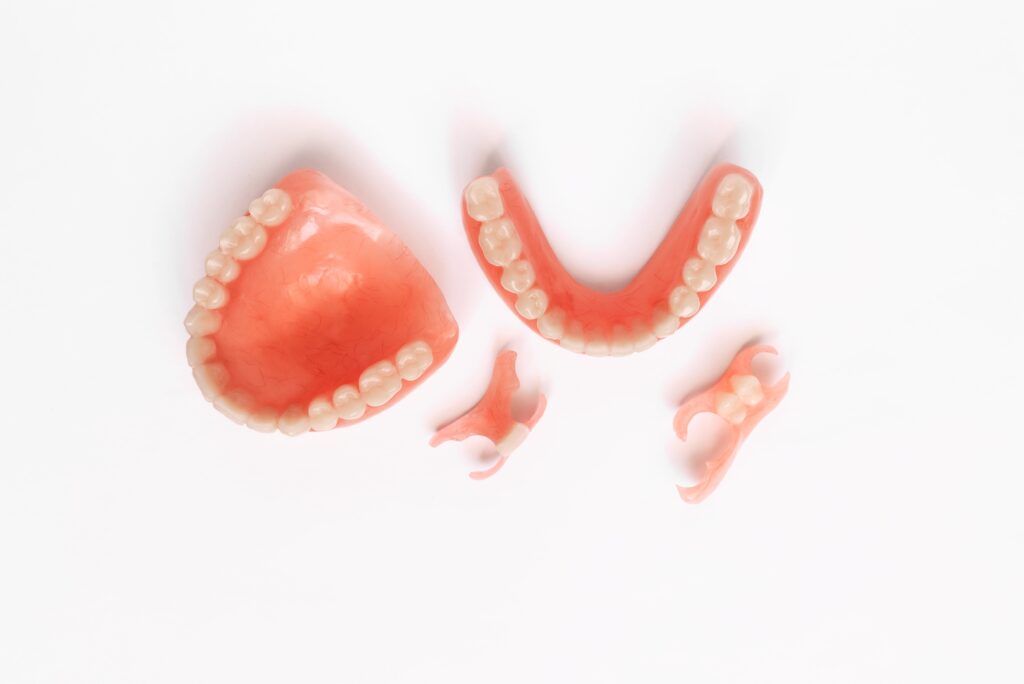Whether because of tooth decay, accidents, or other causes, the loss of natural teeth can impair quality of life. Dental implants are among the most modern solutions for restoring dental aesthetics and function. Here, we examine alternatives to dental implants and take a special look at the popular dental implants in Turkey.
What are dental implants?
Dental implants represent one of the most advanced and reliable ways to replace missing teeth. A dental implant consists of a small, screw-shaped post made of titanium or ceramic that acts as an artificial tooth root. The surgeon inserts this post into the upper or lower jaw where the natural tooth once stood. Over time, the implant bonds with the bone and creates a stable foundation for a replacement tooth.
Once the implant has integrated, the dentist attaches a dental prosthetic—such as a crown, an implant-supported bridge, or a denture—to it. This visible part looks and functions like a natural tooth, enabling patients to chew, speak, and smile with confidence. Compared to other tooth replacement methods, dental implants offer greater longevity, better function, and a more natural appearance.
However, the procedure involves a healing period and usually unfolds in multiple stages. Surgeons must perform a surgical intervention, which may not suit every patient—especially those with poor oral health or underlying medical conditions.
In recent years, patients from the UK and the US have increasingly chosen Turkey for dental implant treatments. They travel there because clinics in Turkey offer significantly lower costs than those in their home countries.
The most important alternatives to dental implants
While dental implants are often considered the gold standard for replacing teeth, they are not right for everyone. Whether because of medical reasons, budget, or personal preferences, many patients seek other ways to restore their smile.
Fortunately, modern dentistry offers a variety of effective and aesthetically pleasing alternatives. From resin bonded bridges to removable dentures and minimally invasive adhesive options, these treatments can provide reliable results tailored to individual needs. In the following table, we explore the most important alternatives to dental implants and highlight their advantages.
Overview
Alternative | What is it? | Advantages | Disadvantages | Suitable for |
|---|---|---|---|---|
Dental bridges (fixed dentures) | A dental bridge spans a gap between teeth and is attached to the adjacent teeth on either side of the gap. This bridge for the gap be done with grinding or crowns. | Cheaper than implants; no surgery required; relatively quick treatment | Healthy neighboring teeth often need to be ground down; shorter lifespan than implants | Patients with stable existing teeth who do not want surgery. |
Partial dentures (removable dentures) | Partial dentures replace several missing teeth. They are attached to the remaining teeth using clasps or connectors. | Inexpensive, easy to repair or extend, no surgery required | Less aesthetically pleasing; can wobble; limited chewing comfort | People with gaps between teeth or when implants are not an option |
Full dentures (for edentulous jaws) | The classic “third tooth” solution for complete tooth loss. It rests on the gums and is held in place by suction. | Most affordable solution; quick; no surgical interventions | Little retention (especially in the lower jaw); pressure sores, limitations in speaking and chewing | Older patients or people with limited budgets for whom other options are not possible |
Adhesive bridges | A bridge that is attached to the neighboring teeth with wings – without significant grinding. | Protective of the neighboring teeth; quick to insert; good temporary solution | Lower durability; only suitable for small gaps; not recommended for high chewing loads | Younger patients with a few missing front teeth |
Dental implants in Turkey – Why are they so popular?
Many patients who actually want implant treatment but feel discouraged by the high costs are looking for alternatives. This is where Turkey comes into play, offering several advantages:
- Cost savings of up to 70% compared to the US / UK
- Modern clinics with international standards
- Experienced dentists, often trained in Europe
- Vacation & treatment can be combined
Why consider alternatives anyway?

Some patients have a strong fear of surgery, while others may lack sufficient jawbone density. Others have underlying health conditions that make surgical interventions risky or inadvisable. Additionally, not everyone can commit to the extended timeframes often required for treatments abroad.
In these situations, it’s comforting to know that there are effective and visually appealing alternatives to dental implants. These options can restore both function and appearance, without the need for surgery or long travel commitments.
Conclusion: Which solution is right for whom?
If you are looking for affordable dental implants or artificial teeth, you should seek treatment in Turkey. But even for people who don’t want an implant for health reasons, there are modern alternatives available today. It’s important to consult a dentist to make the best decision.
Choosing the right tooth replacement method depends on a few things. Dental tourism in Turkey is a great option for patients because it has modern clinics and experienced dentists. Dental treatments in Istanbul cost much less than dental care in the United States or the UK.
But not everyone is a good candidate for dental implants. People with chronic illnesses, weak bones, or a strong fear of surgery may find implants too risky. In these cases, it’s good to know that today’s dentistry offers many modern options. These alternatives can also be customized to meet each patient’s needs, ensuring comfort and a nice appearance.
Tip: No matter which option you’re considering, the most important step is a thorough consultation with a qualified dentist. Many good dental clinics in Turkey like Cosmedica Dental offer free online consultations with a surgeon. Sometimes these meetings include digital treatment plans or cost estimates. These services can be a good first step, whether you’re thinking about implants or looking into other options.